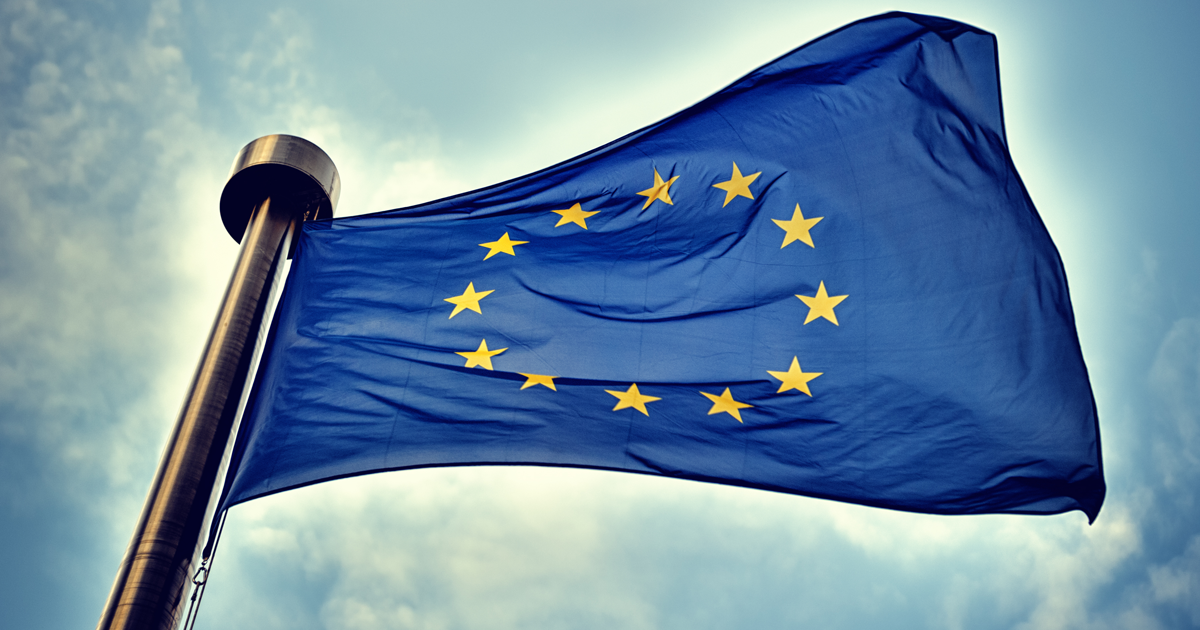EU Presents Draft Law to Safeguard Critical Raw Materials
March 2023 | News

Source: symbiot/Shutterstock.com
The Critical Raw Materials Act aims to strengthen Europe’s independence in raw materials through diversified supply chains, more recycling, and the expansion of domestic production.
On March 16, with its European Critical Raw Materials Act, the European Commission presented a legislative project to secure access to important raw materials. The aim is to put the supply of critical materials such as rare earths and lithium on a broader basis, thus improving Europe’s economic resilience. Currently, according to Commission President Ursula von der Leyen, the EU sources 98 percent of its rare earths and 93 percent of its magnesium from China. The risks associated with such a strategic dependency were demonstrated by the supply bottlenecks that arose during the Covid-19 pandemic and the energy crisis after Russia’s invasion of Ukraine.
Ten percent of raw material demand to be covered by mining in the EU
To make supply chains more resilient, the Commission aims to cover ten percent of its annual demand for strategic raw materials through domestic production by 2030. Currently, the figure is only three percent, explained Thierry Bretton, EU Commissioner for Internal Market and Services, at a press conference. Forty percent of the annual demand for raw materials is to be processed in the EU, and 15 percent is to be obtained through recycling. In addition, supply chains are to become more diversified: in the future, only 65 percent of a given raw material at each relevant processing stage may come from a single third country.
The planned legislative package also includes other measures such as the expansion of raw material partnerships with “reliable trading partners around the world”, the acceleration of approval procedures, and stress tests for supply chains. Member states must also develop national geological resource exploration programs.
Before the Critical Raw Materials Act enters into force, it must be debated and adopted by the European Parliament and the European Union Council.
Draft law does not go far enough for industry representatives
Industry representatives were critical of the package of measures shortly after it was presented. The Federation of German Industries (BDI), for example, said the draft did not go far enough, criticizing, in particular, the lack of a financing provision for raw materials extraction and processing. For the German Electrical and Digital Manufacturers’ Association (ZVEI), the draft law “falls well short of its potential”, particularly in terms of establishing a recycling economy for critical raw materials. The Bavarian Business Association (vbw), on the other hand, welcomed the proposed measures but called for the “urgent inclusion of industry expertise” in the further development of the European raw materials strategy.


